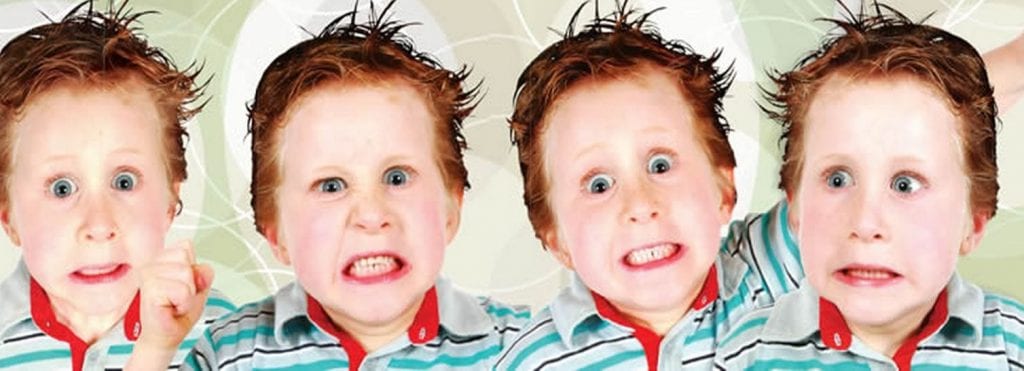
Some time ago, a television series showed a character who suffered from Tourette syndrome, something unpublished until then. The problem was that instead of representing him as a person with a real disorder, the character in question was shown as a caricature between funny and ridiculous of a disease that is far from being nice.
At that time, the civil organization dedicated to the syndrome spoke out publicly to explain what this syndrome was about and the reasons why it was necessary to seriously educate the population so that the population became aware of the condition that it causes so much in the person with the syndrome as in their relatives. This post will help us delve into Tourette Syndrome.
What is Tourette Syndrome?

Gilles de la Tourette syndrome is a neurological disorder that is characterized by the presence of involuntary movements, usually tics, which can appear on the face or in the arms, limbs and trunk of the body. These tics can be both motor and phonic, that is, the person presenting the symptom can't control your body or sounds that emanate from his voice.
El disorder occurs in childhood or before the age of 18, the symptoms can vary in characteristics, although it is common that they begin with involuntary and frequent tics, usually on the face: it can be a blink, grimacing or contracting the nose. As we said above, these involuntary movements can spread to other areas of the body, such as the neck, trunk and limbs.
More complex symptoms
It is not a matter of being alarmed at any tic that a child or adolescent may present, since during this stage of growth children go through various maturity processes that, on occasions, can become small tics that are the result of adaptation to certain emotional changes. What is important is pay attention to the extent in time and frequency of the tics. When we talk about Tourette Syndrome, the symptoms last for more than a year and the tics are very frequent without the person being able to stop them.
The symptoms of Tourette Syndrome vary from person to person, there are milder cases and others more severe. There are people who need kicking or stomping or repetitive motions and touching things. They can even occur uncontrollable obsessive thoughts and disorders.
Between the vocal tics, usually present alongside motor tics as a screaming, clearing, grunting and even sounds that look like small barks. The coprolalia or use of obscene words or inappropriate phrases without control It is another of the symptoms although not the most frequent. Obscene gestures or copropraxia too.
How to detect the disease

Although the presence of tics over time is one of the most obvious symptoms of Tourette Syndrome, it is necessary go to a neurologist, who will analyze the case and perform various tests to confirm or not the disorder.
To begin, the diagnosis includes the presence of both types of tics, both motor and vocalizations. Also the frequency of the same and even others less frequent symptoms how can the echo episodes, which include the repetition of words (echolalia), of own words (palilalia) and the repetition of other people's movements.
Tourette Syndrome is associated with family history and it is common to find a family history with tics, attention disorders (ADHD / ADD) or obsessive compulsive disorders (OCD). Although the disease can cause developmental learning disorders, most people can lead normal lives, both personally and professionally.

Every year, the associations dedicated to the syndrome seek to educate society and patients themselves about tolerance and patience with which to treat people with this disorder. Acceptance and inclusion is an essential part of the process for students to Children with Tourette Syndrome may feel content, both at school and in the rest of the places they frequent. A psychological treatment It is also of great importance so that the little ones can learn to manage stress and thus reduce symptoms.